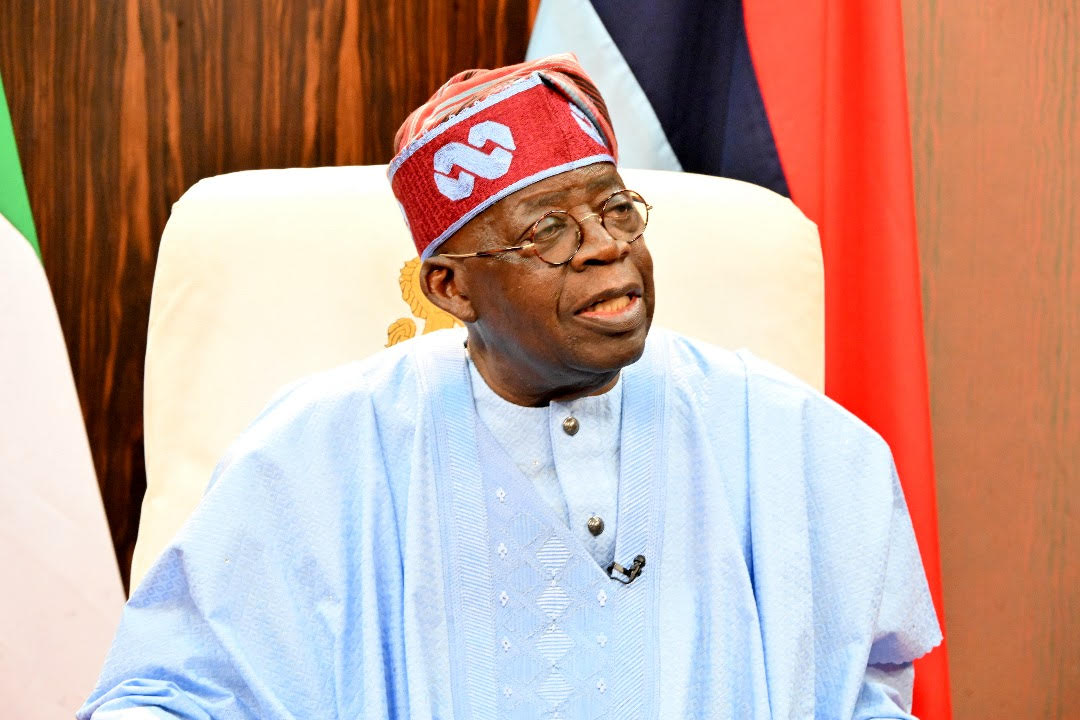Tinubu Lauds Nigeria’s Delisting From FATF Grey List

President Bola Ahmed Tinubu has hailed the removal of Nigeria from the Financial Action Task Force (FATF) grey list, describing it as a “major milestone in Nigeria’s journey towards economic reform, institutional integrity, and global credibility.”
The FATF, the world’s leading body for combating money laundering and terrorist financing, announced Nigeria’s delisting at its plenary session held in Paris, France, on Friday. The move officially removes the country from the list of jurisdictions under increased monitoring, commonly known as the grey list.
A statement released by Bayo Onanuga, Special Adviser to the President on Information and Strategy, confirmed that the decision followed Nigeria’s successful completion of its FATF Action Plan after more than two years of sustained effort and reform. Tinubu credited the achievement to strong inter-agency coordination aimed at fortifying Nigeria’s Anti-Money Laundering and Counter-Financing of Terrorism (AML/CFT) framework.
“In February 2023, the FATF placed Nigeria on the grey list. The message from the global community was clear — we needed stronger enforcement, better coordination, and more transparency. Rather than view it as a setback, Nigeria took it as a call to action,” the president said in the statement.
Under Tinubu’s leadership, the government introduced sweeping legal, institutional, and operational reforms. The Nigerian Financial Intelligence Unit (NFIU), working closely with the Ministries of Justice, Finance, and Interior, spearheaded the implementation process that led to this outcome.
President Tinubu expressed appreciation to the NFIU’s Director/CEO, Ms. Hafsat Abubakar Bakari, and her team for their diligence, noting that their commitment was instrumental in the recognition Nigeria received from the international community. He also thanked ministers, agencies, and the private sector representatives who participated actively in the National Task Force on AML/CFT.
The president acknowledged the support of key government institutions, including the Central Bank of Nigeria, the Economic and Financial Crimes Commission (EFCC), the Independent Corrupt Practices Commission (ICPC), and the National Drug Law Enforcement Agency (NDLEA), among others. He also expressed gratitude to international partners — including France, Germany, the United Kingdom, the United States, the United Nations, and the European Commission — for their technical support throughout the process.
Tinubu described the delisting as not merely a technical accomplishment but a strategic victory for Nigeria’s economy and a renewed vote of confidence in the nation’s financial governance. He emphasized that the government would sustain ongoing reforms, deepen institutional collaboration, and build a financial system that inspires global trust.


